The Patriot Summary
Introduction
- In 2000, Roland Emmerich's historical war movie "The Patriot" emerged. The film, set during the American Revolutionary War, chronicles the story of Benjamin Martin, a former soldier, now a farmer, who reluctantly joins the conflict. Mel Gibson plays Benjamin, who becomes motivated to fight for his freedom and defend his family after British soldiers take his son, prisoner. The movie offers a fictionalized depiction of what happened during the Revolutionary War while examining issues of patriotism, sacrifice, and the terrible reality of War. "The Patriot" is an engaging and thought-provoking movie experience because it combines historical information with compelling storytelling.
- In 2000, Roland Emmerich's film "The Patriot" was released. Emmerich, most recognized for his work in the action and disaster movie genres, expertly directed "The Patriot" to present a fascinating and visually spectacular portrayal of the American Revolutionary War. Intense action scenes and private human moments are skillfully merged by Emmerich's direction to produce a satisfying and engaging viewing experience. "The Patriot" is a visually arresting and emotionally riveting historical drama thanks to the grandeur and attention to detail showing off his experience producing large-scale shows.

Overview of the Plot and its Historical Setting:
- "The Patriot" occurred during the American Revolutionary War in the late 18th century. The movie tells the tale of Benjamin Martin (Mel Gibson), a widowed farmer and former soldier who vows to defend his family and property. Because of the trauma he went through during the French and Indian War, Benjamin first has second thoughts about enlisting.
- Benjamin's tranquil existence is upended when his oldest son Gabriel (played by Heath Ledger), enlists in the Continental Army against his desires. Benjamin embarks on a rescue expedition to save Gabriel after he is taken prisoner by British soldiers and given the death penalty.
- As the conflict intensifies, Benjamin develops into a skilled and cunning combatant who leads a group of militiamen against the British army. The Patriot is his moniker because of his courageous and inspiring deeds. Due to his participation in the War, Benjamin is also exposed to the horrors of combat and the selfless sacrifices needed to advance freedom.
- The American Revolutionary War serves as the backdrop for the historical drama's depiction of the difficulties of the American colonies as they sought freedom from British authority. Important historical occurrences like the Battle of Camden and the Siege of Charleston are included in the story, albeit some dramatic license is utilized.
- The film "The Patriot" examines patriotism, sacrifice, and the costly price of freedom. It explores the moral difficulties and human cost of War while showcasing the tenacity and resolve of the American people during a turbulent time in history.
Main Character:
- The great actor Mel Gibson plays Benjamin Martin, the main character in "The Patriot." Benjamin, a talented former soldier, and widowed farmer, played a key role in the American Revolutionary War. Mel Gibson's depiction gives the character depth and intensity, capturing both his internal tensions and his tremendous drive to defend his family and pursue freedom.
- When first introduced, Benjamin Martin is portrayed as a pacifist deeply affected by his involvement in the French and Indian War. He is committed to his seven children and longs for serenity on his farm. Still, Benjamin's instincts for protection are roused when his son Gabriel enlists in the Continental Army.
- Benjamin's hesitant attitude changes into a fierce warrior mentality as Gabriel is imprisoned and confronts a hazardous fate. Mel Gibson perfectly captures Benjamin's emotional development, exhibiting feelings from helplessness and despair to unwavering resolve and tactical brilliance.
- Benjamin commands a militia organization that engages in guerilla warfare against the British army throughout the movie. Mel Gibson portrays Benjamin Martin as evolving into a fearsome leader and a representative of resistance to oppressive British control.
- Gibson's portrayal of Benjamin, divided between the weight of his country's duty and his love for his family, perfectly conveys the inner battle Benjamin experiences. Benjamin Martin becomes a memorable and iconic character in the movie thanks to his depiction, which combines power, vulnerability, and unflinching patriotism for the character.
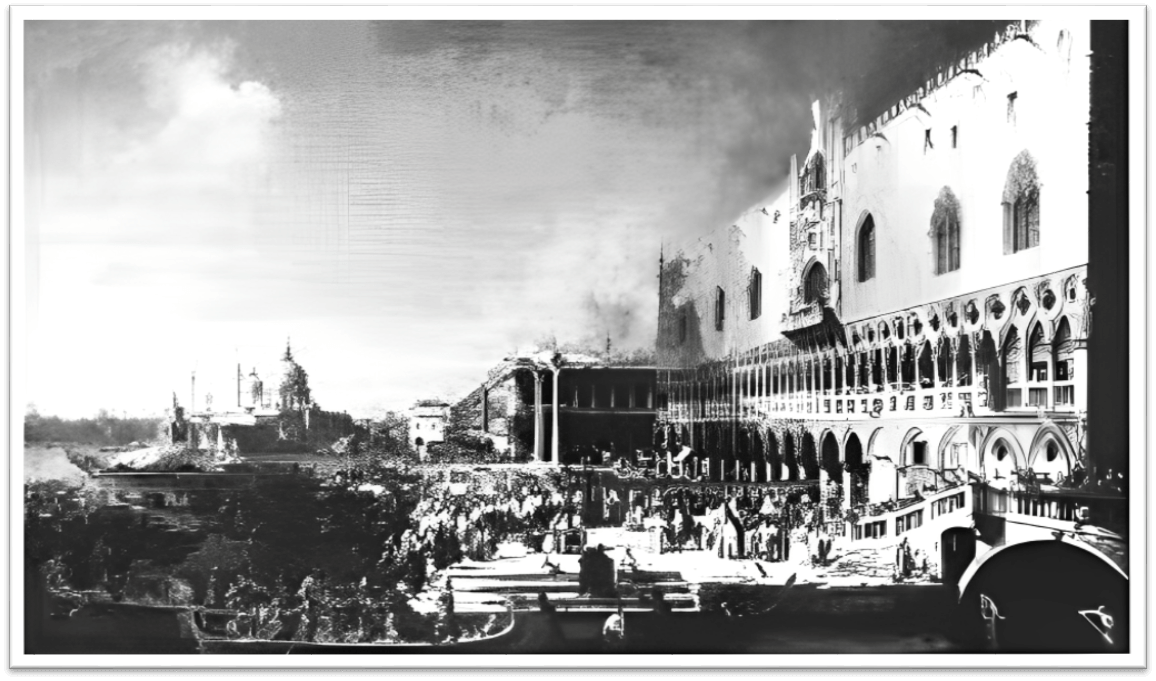
Benjamin's Life as a Farmer:
- Being devoted to his family and land has been a defining aspect of Benjamin Martin's life as a farmer. He relocates to South Carolina after the French and Indian War and establishes a quiet life as a farmer after becoming widowed. He works hard to establish a loving atmosphere for his seven children, and as a result, he has gained the respect and admiration of his neighborhood.
- Because of the trauma he went through during the French and Indian War, Benjamin was reluctant to enlist in the Revolutionary War. He experienced the horrors and cruelty of battle, which profoundly affected him. As a result, he respects the sanctity of life and works to protect his loved ones from the horrors of War.
- Family security and welfare are Benjamin's top priorities. He feels his responsibility is to keep them safe and uphold the tranquil existence they have created together. His doubts about the viability and morality of using violence to bring about freedom serve to accentuate his reluctance to participate in the fight.
- His beliefs are questioned when his oldest son, Gabriel, joins the Continental Army against his desires. First, out of concern for Gabriel's safety and well-being, Benjamin tries to talk him out. But as things go on and Gabriel's life is in jeopardy, Benjamin's protective instincts and love for his son cause him to change his mind.
- Benjamin was apprehensive about directly participating in the conflict, but his commitment to his family and sense of justice eventually won him. He understands that the fight for freedom is about furthering the broader cause and ensuring his family's safety and future. This shift paves the way for Benjamin's metamorphosis from a pacifist farmer to a fierce warrior fighting for liberty and justice.
Benjamin's Involvement in the War:
- The kidnapping of Benjamin Martin's son Gabriel Martin spurs him to join the Revolutionary War. Gabriel enlists in the Continental Army against his father's wishes because he feels strong patriotism and freedom. However, British troops under the command of the brutal Colonel William Tavington capture Gabriel after a skirmish.
- Benjamin's protective instincts and love for his family are sparked when he finds out his son has been captured and faces the prospect of execution. He is forced to relinquish his initial reluctance and take up guns to save Gabriel from the dire circumstances.
- A very important turning point in Benjamin's life is the capture of his son. It becomes a potent trigger that changes him from a farmer looking for peace to a tenacious warrior seeking justice and vengeance. As he sets out on a journey to liberate Gabriel and safeguard his family's life, Benjamin is propelled into the middle of the fight by his love for and unyielding dedication to their protection.
- This spark not only starts Benjamin's engagement in the conflict but also motivates the entire movie. It increases his drive and resolve to stand up to the British forces, making him a key character in the struggle for independence and a symbol of resistance against the oppression of British rule.
- Benjamin's trip is profoundly affected by the capture of Gabriel, transforming him from a reluctant observer to a willing participant in the Revolutionary War, ultimately influencing Benjamin's character and the movie's storyline.
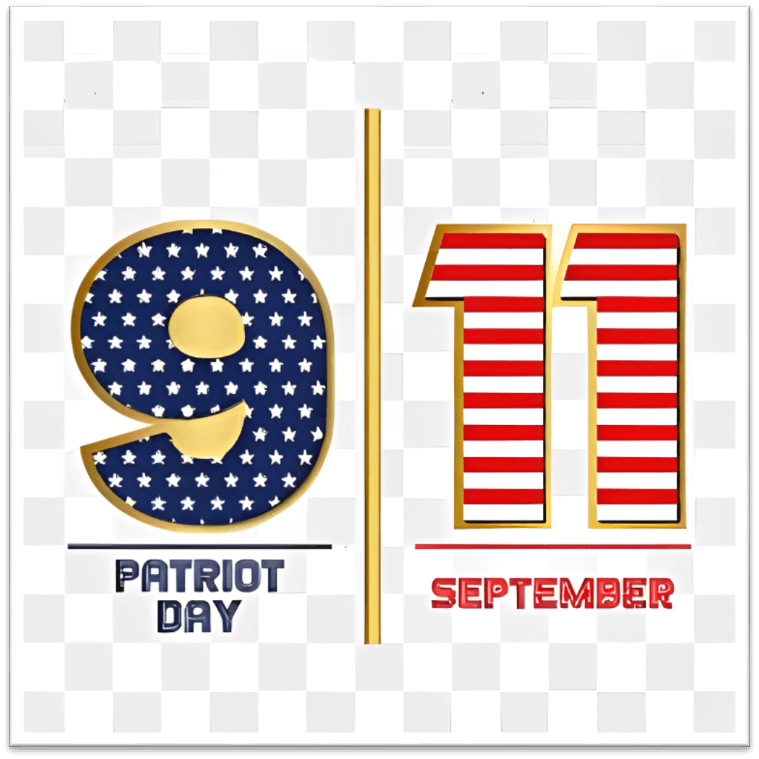
Benjamin's Transformation:
A major part of Benjamin Martin's character journey in "The Patriot" is how he develops into a capable and dedicated soldier. Benjamin is initially portrayed as a hesitant Revolutionary War soldier damaged by his prior war experiences. But as events progress, he changes in several significant ways:
- Military Expertise: Because of his military training and experience in the French and Indian War, Benjamin has a solid foundation in military knowledge and abilities. He instructs and guides a group of militiamen using his knowledge, transforming them into a disciplined and potent combat force. Benjamin's success on the battlefield results from his tactical skill, comprehension of guerrilla warfare, and strategic thinking.
- Combat Skills: As part of his transformation, Benjamin sharpens his fighting prowess to become a powerful warrior. As the movie goes on, he transforms from a tentative fighter to a skilled and tenacious battle. In numerous conflicts and skirmishes throughout the movie, Benjamin's athletic skills-such as his accuracy with a musket and his mastery in hand-to-hand combat-are displayed.
- Leadership and Inspiration: Benjamin's leadership abilities have also changed. He inspires his fellow militiamen with his bravery, tenacity, and steadfast dedication to the cause, earning their respect and loyalty. Benjamin inspires a sense of cohesion and purpose among the combatants by setting a good example and being willing to put himself in danger to defend his allies.
- Resilience and Determination: His tenacity and unflinching resolve have become hallmarks of Benjamin's transformation. He continues to be unwavering in his pursuit of freedom despite multiple challenges and losses on a personal level. Benjamin's unyielding resolve drives him to seek justice and fight the battle until the bitter end.
Benjamin Martin represents resiliency, leadership, and unshakable commitment as he becomes a skillful and determined soldier. His transformation from a reluctant participant to a fearsome warrior exemplifies his development and demonstrates the unyielding resolve of those battling for liberty throughout the Revolutionary War.
Challenges Faced During the War:
Benjamin Martin encounters several difficulties throughout the Revolutionary War, as portrayed in "The Patriot," which puts his fortitude, bravery, and selflessness to the test. These difficulties highlight the unpleasant realities of War and the toll it takes on people:
- Battle Hardships: Benjamin fights fierce engagements with the British army, seeing the horrors of War firsthand. He experiences the battle's mental and physical toll while seeing his comrades suffer and die. The movie depicts multiple fights when Benjamin and his militia confront overwhelming odds and must rely on their resolve and creativity to succeed, including the ambush in the swamps and the pivotal Battle of Cowpens.

- Loss and Personal Tragedy: Benjamin suffers significant personal losses throughout the conflict. He is greatly affected by the savage Colonel Tavington's abduction and killing of his son, Gabriel. Benjamin is burdened by the loss of family members and friends and the devastation of his possessions and means of support. These setbacks fortify his resolve to strive for justice and freedom and his thirst for vengeance.
- Balancing Family and Duty: Benjamin struggles to strike a balance between his responsibilities as a father and as a soldier. His dedication to keeping his family safe conflicts with the needs of the battle. Benjamin is forced to make hard decisions and sacrifices, leaving his kids in the care of family members while he fights on the front lines. For Benjamin, it is difficult to be away from his family and to worry constantly about their well-being.
- Moral Dilemmas: Benjamin must make moral judgments and ethical decisions as the War goes on. He has to balance his need for vengeance with his commitment to a just cause. Due to Benjamin's voyage, he is forced to consider his morals and the complications of War, especially how his actions may affect the lives of innocent people.
- Personal Sacrifices: Ben voluntarily risks his life to defend others and advance freedom. He suffers harm, struggles, and weariness for the sake of liberty. Benjamin's bravery and readiness to sacrifice for the greater good, such as placing himself in danger to save others, exemplify his selflessness.
The difficulties Benjamin encounters during the conflict reflect the sacrifices and tribulations that individuals engaged in the struggle for freedom faced. They highlight the toll that War has on people and the courage needed to keep going when things get tough. Benjamin's journey exemplifies The perseverance and sacrifices people make during times of War.
American Revolutionary War:
The American Revolutionary War, commonly called the American War of Independence, was a significant armed struggle from 1775 until 1783. It was largely fought between Great Britain and its thirteen North American colonies, which had proclaimed themselves the independent United States of America.
Here is some background information on the American Revolutionary War:
- Causes of the Conflict: Several political, social, and economic issues contributed to the outbreak of the War. Due to problems including British taxing practices, a lack of representation in the British Parliament, and colonial trade limitations, American colonists' discontent rose. Individual liberty and the desire for self-governance emerged as key components of the independence movement.
- Growing Tensions: Events like the Stamp Act of 1765, the Boston Massacre of 1770, and the Tea Act of 1773 increased tensions. These occurrences and the expanding impact of Enlightenment ideals gave the colonists a spirit of rebellion and a yearning for political independence.
- Road to Revolution: The Battles of Lexington and Concord in April 1775 marked the commencement of armed resistance, which caused the conflict to worsen. The Continental Congress was established by the colonists, who set up militias. On July 4, 1776, the Declaration of Independence was adopted, thus establishing American independence from Great Britain.
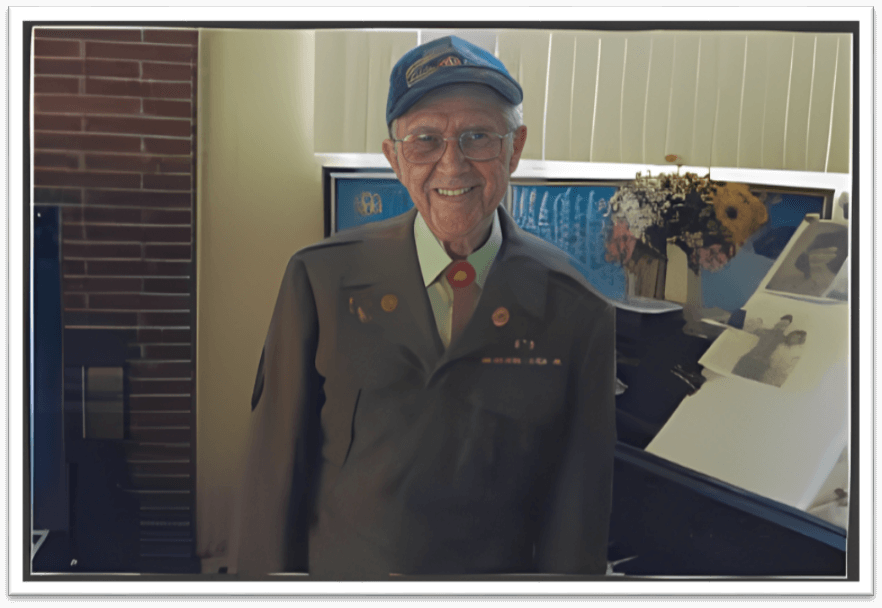
- The Course of the War: A succession of engagements, campaigns, and diplomatic initiatives helped the War conclude. French support for the American cause was gained thanks to decisive engagements like the Battle of Saratoga in 1777, where American soldiers won a vital victory. Later in the conflict, with engagements like Guilford Courthouse and Yorktown, the focus turned to the Southern colonies.
- International Involvement: The American Revolution impacted other countries by attracting their interest and participation. With its military and financial support, France became a major ally of the Americans. Spain and the Netherlands also became involved in the conflict, joining in support of the American cause.
- Treaty of Paris and Independence: When the Treaty of Paris was signed in 1783, the War was formally over. The limits of the United States were defined by the treaty, which acknowledged it as an independent country. Britain recognized American sovereignty and withdrew its troops from the newly established country.
The American Revolutionary War significantly impacted the development of history, helping to establish the United States as a sovereign entity and igniting movements for liberty and independence worldwide. It signaled a crucial turning point in the interactions between colonies and their European colonial rulers, laying the foundation for the growth of democratic values and constitutional rule of law.
The Movie Align with Historical Events:
Although "The Patriot" is a fictionalized narrative of the American Revolutionary War, some real-life themes and incidents are included. However, it's vital to note that the movie strays from historical reality in the interest of narration and dramatic effect. The movie's events correspond to actual historical events in the following ways:
- Setting and Historical Context: The American Revolutionary War lasted from 1775 to 1783, is when "The Patriot" is set. The movie portrays the colonists' struggle against British rule while capturing the prevailing mood and independence movement.
- The Battle of Camden: The Battle of Camden, which took place on August 16, 1780, in South Carolina, is depicted in the movie. An important fight in the War's Southern theatre was this battle. Even though many facts and incidents are fictionalized, the movie depicts the American militia's battle with the British army under General Cornwallis.
- Guerilla Warfare Tactics: The use of guerrilla warfare by the American militia is highlighted in "The Patriot." Some American forces engaged in this irregular warfare style during the Revolutionary War, particularly in the Southern colonies, using ambushes, hit-and-run attacks, and unusual tactics.
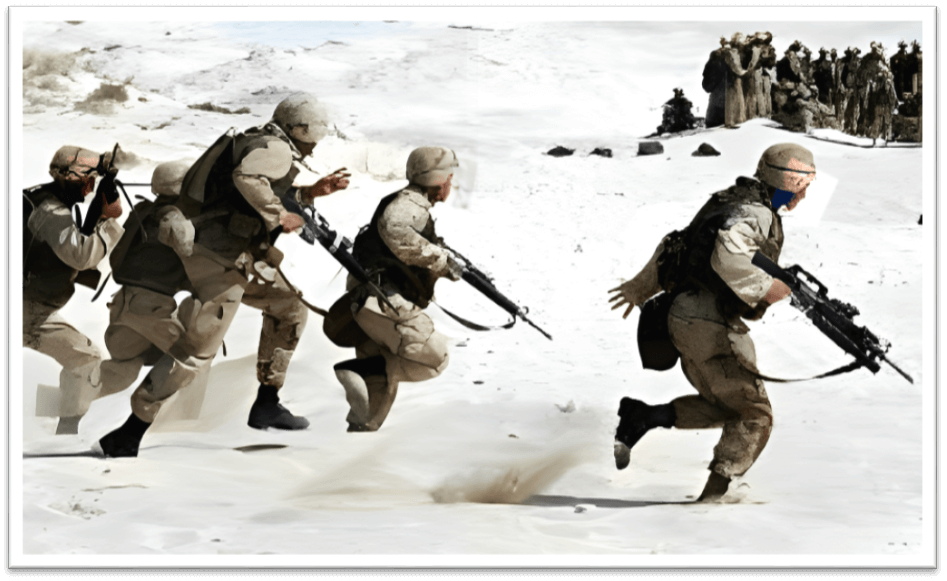
- British Brutality: The ruthless behavior of the British soldiers is depicted in the movie, especially as Colonel William Tavington is portrayed. Although there were specific instances of cruelty and excess throughout the War, Tavington's actions are arfictionalizeded and exaggerated in the movie.
- The Siege of Charleston: The filrefersce to the Siege of Charleston, providing a setting for some action. In 1780, under the command of General Cornwallis, British forces besieged Charleston, South Carolina, which ultimately resulted in its capture. This event is known as the Siege of Charleston.
Understanding that "The Patriot" takes artistic license with historical figures, events, and portrayals are important. The movie's narrative and theatrical storytelling precede precise attention to historical fact. Although it contains elements of the Revolutionary War, viewers should interpret it as historical fiction rather than a literal account of what happened.
The Portrayal of the British and American Forces:
In "The Patriot," the depiction of the British and American armies and their tactics includes some historical accuracy while also using the artistic license for dramatic effect. An overview of how the British and American forces are portrayed in the film, along with their tactics, is given below:
British Forces:
- Discipline and Organization: The British military is portrayed as an extremely disciplined, well-oiled military machine in the movie. According to the portrayal, they are trained warriors who follow specific procedures and strategies.
- Traditional Warfare: The British forces are shown to use traditional military tactics, marching in line and directly engaging the American militia.
- Use of Brutality: Particularly through the persona of Colonel William Tavington, "The Patriot" recounts instances of brutality committed by some British soldiers. As a reflection of the tensions and horrors during the War, the movie emphasizes how harshly British forces treated American citizens and POWs.
American Forces:
- Guerilla Warfare: The use of guerilla warfare by American forces is emphasized in the movie. Ben Martin is in charge of the American militia, which employs unusual tactics like ambushes and hit-and-run assaults to confuse and undermine the British forces.
- Militia and Volunteer Soldiers: "The Patriot" highlights the contributions of farmers, volunteers, and citizen soldiers to the American militia. These people frequently lack official military experience in battle for their communities, families, and independence.
- Adaptability and Resourcefulness: The image of the American forces is one of resourcefulness and adaptability, using their familiarity with the local topography. To level the playing field, they deploy strategies that take advantage of the weaknesses in the British forces and employ innovative techniques.
It's crucial to remember that the film fictionalizes and simplifies the depiction of the British and American armies to tell its story. Although some of their tactics and traits are consistent with historical situations, the movie takes artistic license to heighten the drama and produce compelling storytelling. Viewers should therefore take these depictions as interpretations rather than as precise historical representations.
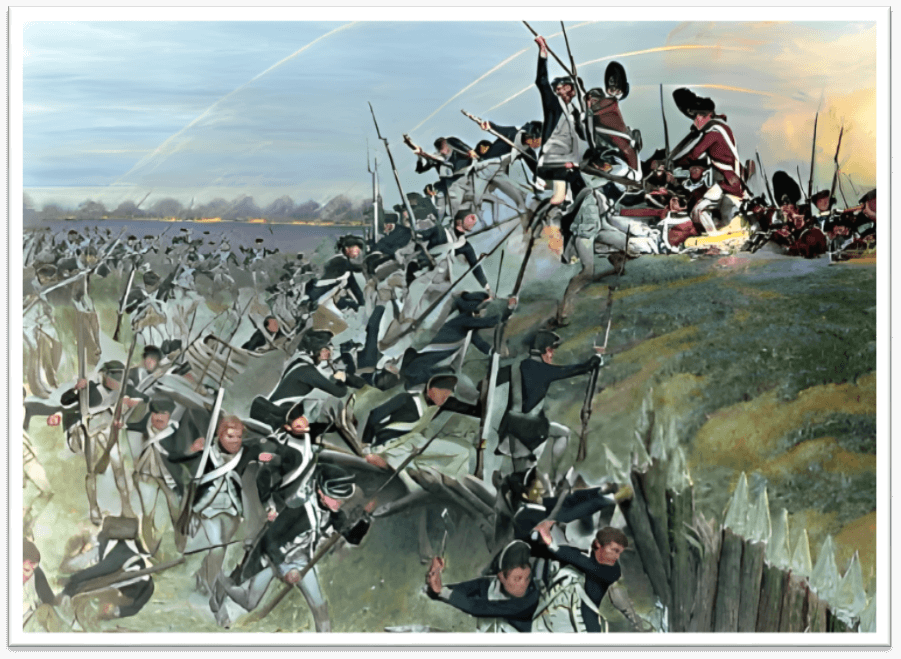
Historical Figures Depicted:
Although their depictions in the movie should be interpreted as fictionalized interpretations, "The Patriot" contains some actual personalities from the American Revolutionary War. As seen in the film, the following significant historical figures include:
- General Charles Cornwallis: Tom Wilkinson portrays General Cornwallis, a notable British military leader, in the movie. Cornwallis was a real historical character who was important to the Revolutionary War. He commanded British troops in the Southern theatre and is renowned for participating in battles like the Siege of Charleston and the Battle of Camden. Cornwallis plays the role of the British military leadership and the main enemy in the movie.
- Benjamin Martin: The primary and fictitious composite character inspired by various historical characters is Benjamin Martin, played by Mel Gibson. The "Swamp Fox" Francis Marion, a militia commander in South Carolina, influenced the character. The Southern colonies' treacherous terrain was no match for Marion, who used guerilla warfare strategies against the British army.
- Thomas Sumter: Tom Berenger's portrayal of Colonel Thomas Sumter in the movie also features historical figures. During the Revolutionary War, Sumter played a prominent role in the South Carolina militia. He was known as "The Gamecock" for his military prowess and unyielding tenacity. Sumter is shown in the film as a friend of Benjamin Martin who helps lead the fightback against the British troops.
- General Nathanael Greene: General Nathanael Greene is mentioned as a significant character even though he is not explicitly shown in the movie. Greene, a prominent commander in the Continental Army, was essential to the War's Southern campaign. He is renowned for taking calculated actions that undermined the British soldiers and aided the final American victory.
While these historical figures provide the events in the movie with some context and foundation, it is vital to remember that their portrayals and interactions should be taken as fiction rather than factual facts. To fit inside the confines of the film's narrative format, the characters and plots in the movie use artistic license.
Opinion of the Movie and its Significance:
"The Patriot" is a powerfully shot combat drama that evokes the spirit of American Revolutionary combat. It weaves together historical facts and fiction to produce a compelling story. Amid a pivotal period in American history, the movie shows the sacrifices, struggles, and internal changes that the protagonists go through.
Despite the film's historical inaccuracies, it does a good job of capturing the challenges and goals of the Revolutionary War era. It emphasizes the themes of patriotism, family, freedom, and the price of War. Mel Gibson's portrayal of Benjamin Martin is a metaphor for the everyday person who transforms into a hero, evoking the tenacity and resolve of the early American colonies.
The film "The Patriot" also highlights the cruelty and bloodshed that both sides of a conflict experience. It examines the intricacies of the battle, the moral choices people must make, and the effects on innocent bystanders caught in the crossfire. The movie asks viewers to consider the suffering and sacrifices that people go through in times of War.
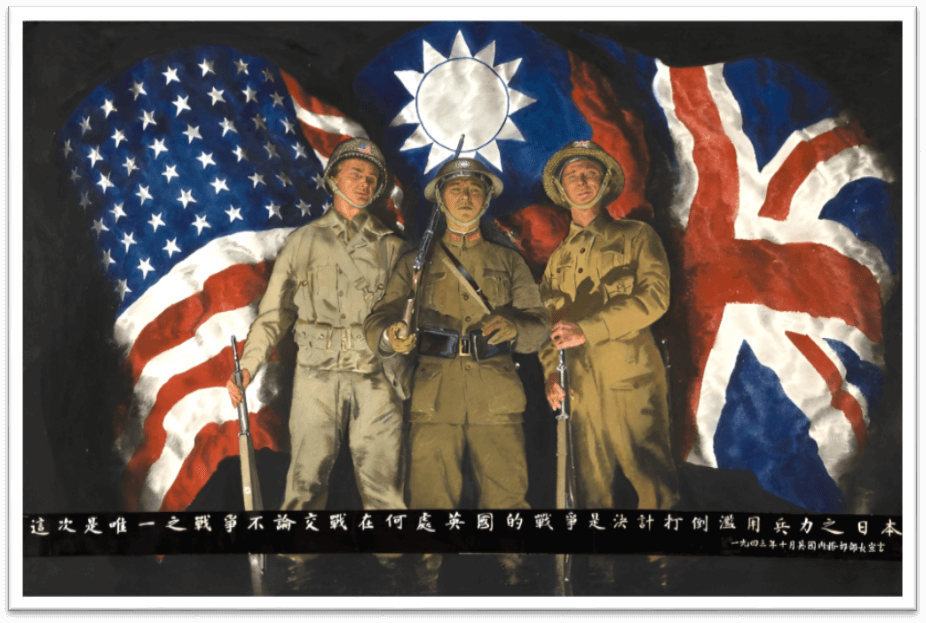
Regarding its significance, "The Patriot" contributes to the public's understanding and commemoration of the American Revolutionary War. It informs viewers about historical figures and events while emphasizing lesser-known facets of the struggle. While it's vital to note the fictionalized aspects, the film piques viewers' interest in American history and promotes additional research into the time leading up to the Revolutionary War.
Overall, "The Patriot" conveys universal themes of bravery, resiliency, and the desire for liberty while entertaining and educating audiences about the Revolutionary War. Thanks to its cinematic merits and enduring performances, it significantly contributes to the historical war film genre.
Conclusion:
I strongly advise readers to see "The Patriot" so they can form their thoughts on it. While it's vital to approach historical films critically, seeing the movie in person can offer a special viewpoint and a chance to interact with the plot and ideas.
A blend of historical context, action, and personal storylines makes "The Patriot" engaging and enjoyable. You may enjoy the characters' visual style, performances, and emotional journey by losing yourself in the movie.
You can discuss the movie's historical accuracy, aesthetic decisions, and cultural influence by forming your judgment. It can also be used as a jumping-off point for more research into the American Revolutionary War and the real-life incidents that gave rise to the movie.
Remember that "The Patriot" is historical fiction, and while it includes details of the Revolutionary War, it also takes artistic license to tell the narrative and be entertaining. Talking to people who have seen it and comparing the movie to historical documents might help one understand its merits and drawbacks and its overall relevance.
So I urge you to watch "The Patriot" get sucked into the narrative and develop your judgment. Please take advantage of the opportunity to learn and understand the complex history and concepts it presents as you enjoy the event.
|





 For Videos Join Our Youtube Channel: Join Now
For Videos Join Our Youtube Channel: Join Now












